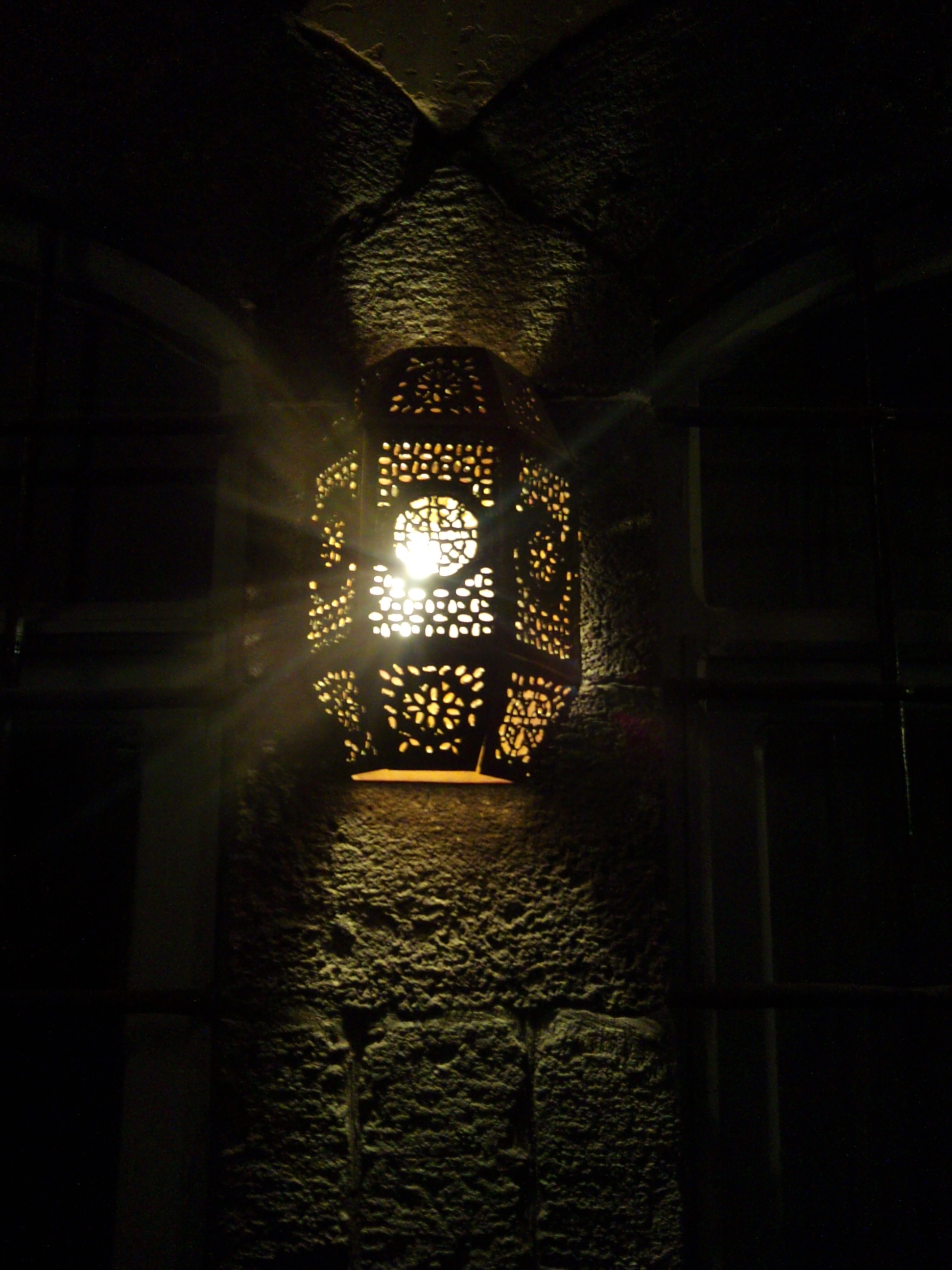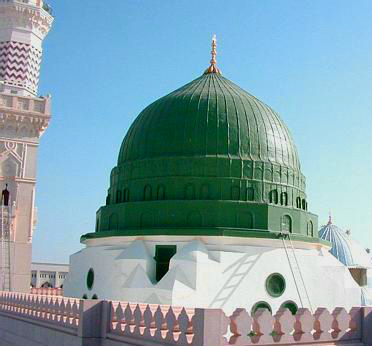Category: Uncategorized
-

Eid
Early dawn flush with excitement Rushed showers Children’s eyes now lit with wonder Voices hushed in awe at splendor To the background of takbeer The eager struggle with new clothes, Brand new shoes, Buttons, buckles and berets Snapping price tags, peeling stickers To the background of takbeer
-

Character: Night Prayer
In Arabic, qiyam means prayer at night; usually it refers to the prayer one does at night before one sleeps. Whereas, tahajud refers to prayer one does in the night after sleeping for a period of time. The Prophet, peace and blessing be upon, him would pray both. Allah SWT mentions both in the Quran:…
-

Formality between men and women
The proper etiquette of interaction between men and women in Islam is spelled out clearly and is based on the best interest of the individual and the family and on their peace of heart, mind and soul. One reading Quran is sobered by the seriousness with which this subject is treated. One studying hadeeth receives…
-

Character
Ramadan is the month of Quran. It is the month in which the Quran was first revealed. It is the month that angel Jibreel would review with the Messenger, peace and blessings be upon him, all the Quran that was revealed until then. Sayidah Aisha, may Allah be pleased with her, was asked about the…
-

Fatima: weaning and the concept of restraint
Prophetic Principles of Islamic Interaction Lesson One — Fatima: weaning and the concept of restraint The wealth of barakah in the Messenger of Allah’s life cannot be encompassed. Every word, every move, every look is a cascade of never ending benefit and guidance. In few words and plain actions, he modeled for us the upright way to live…
-

Burning passion required to accomplish…anything worth accomplishing
Umrah’s Life Lessons #7: Burning passion required to accomplish…anything worth accomplishing I have always been the expert in child-rearing in the family, but in matters of prayer and Quran, my husband surpasses me by far. While I think of creative ways to enforce prayer, he would be calling them to stand with him and giving…
-

Real life is raw, sans glamor… but naturally sweet
Umrah’s Life Lessons #6: Real life is raw, sans glamor… but naturally sweet Five years ago I went on a luxury haj. We could pray in the hotel, see the Kaba and have it count as jama’a with the Haram. We could make wudu after the athan and still make it to a decent place…
-

The Deprived Citizens of the Land of ‘Good-Enough’
Umrah’s Life Lessons #3: The Deprived Citizens of the Land of ‘Good-Enough’ Did I mention that it was a twenty to thirty minute brisk walk to the outer premises of the Haram from our hotel? Any other month, a car would have taken us along the freeway practically to the door of the Haram. Now…